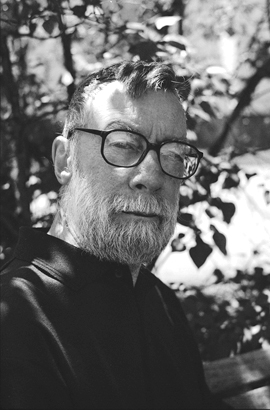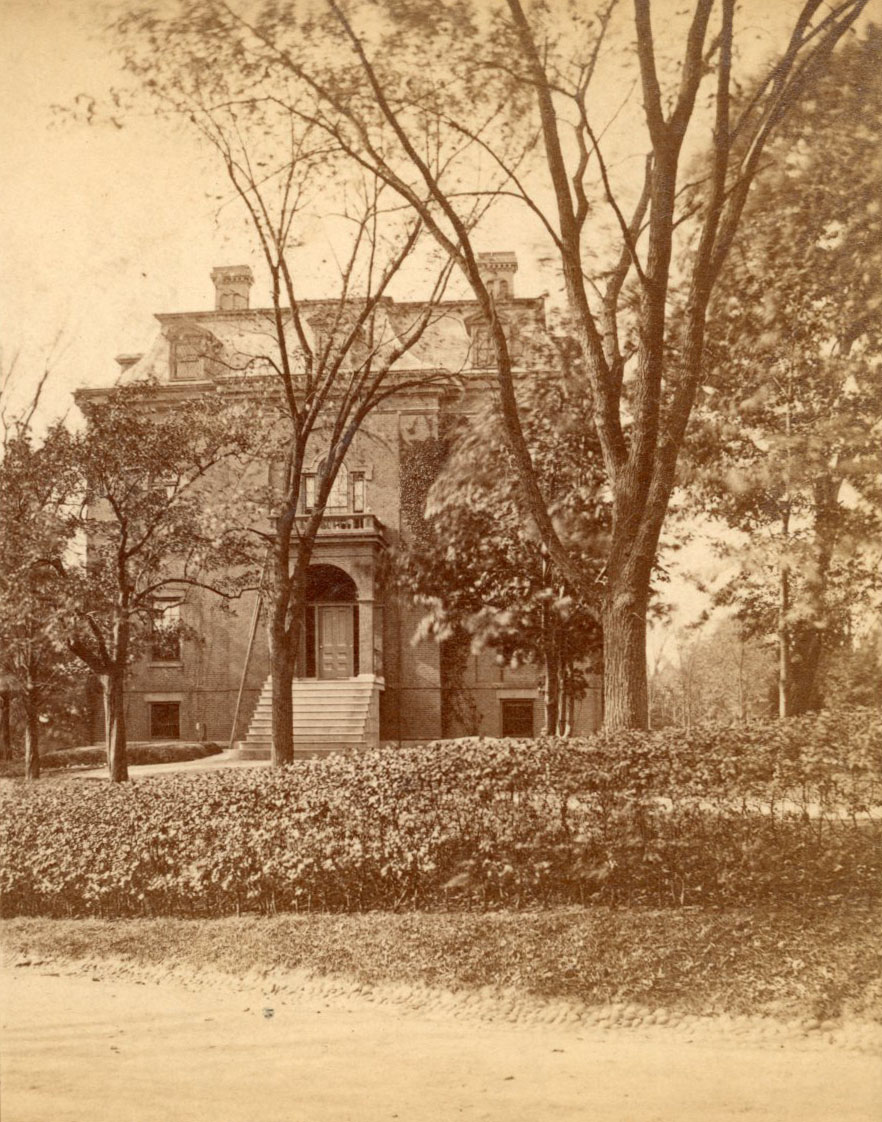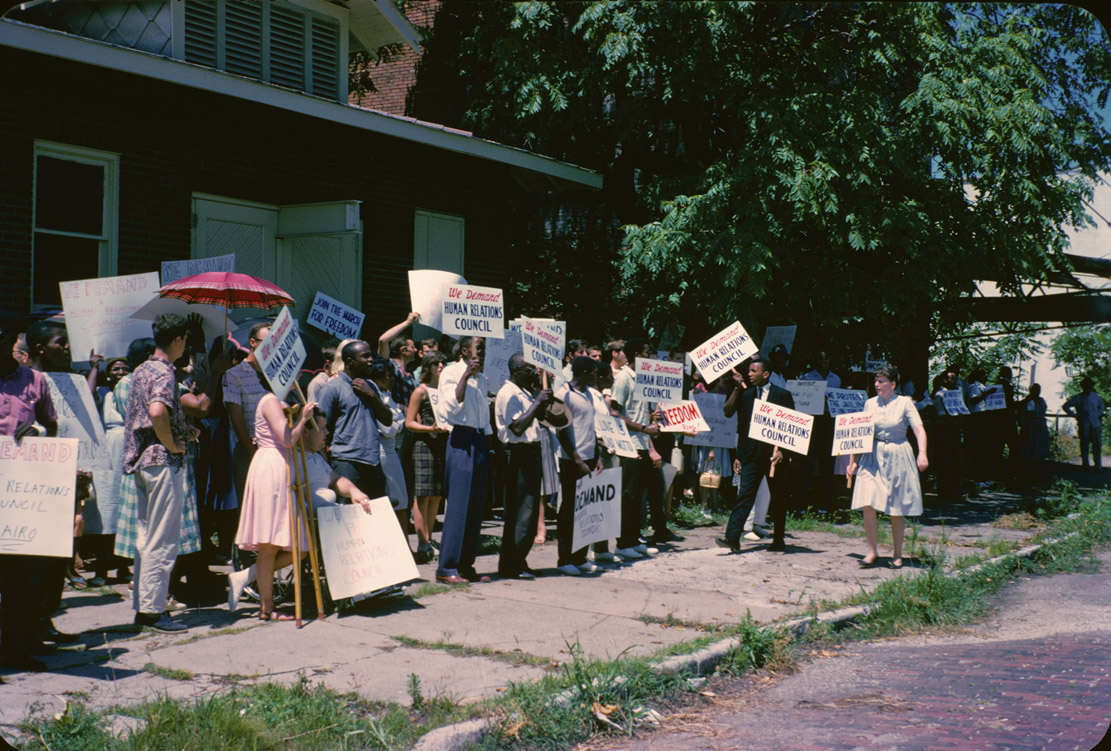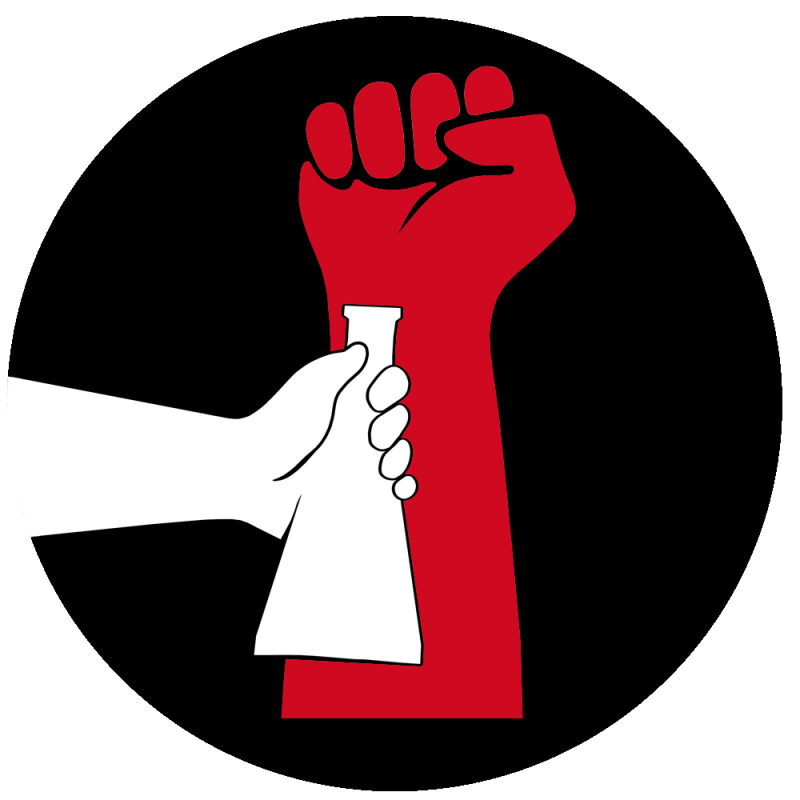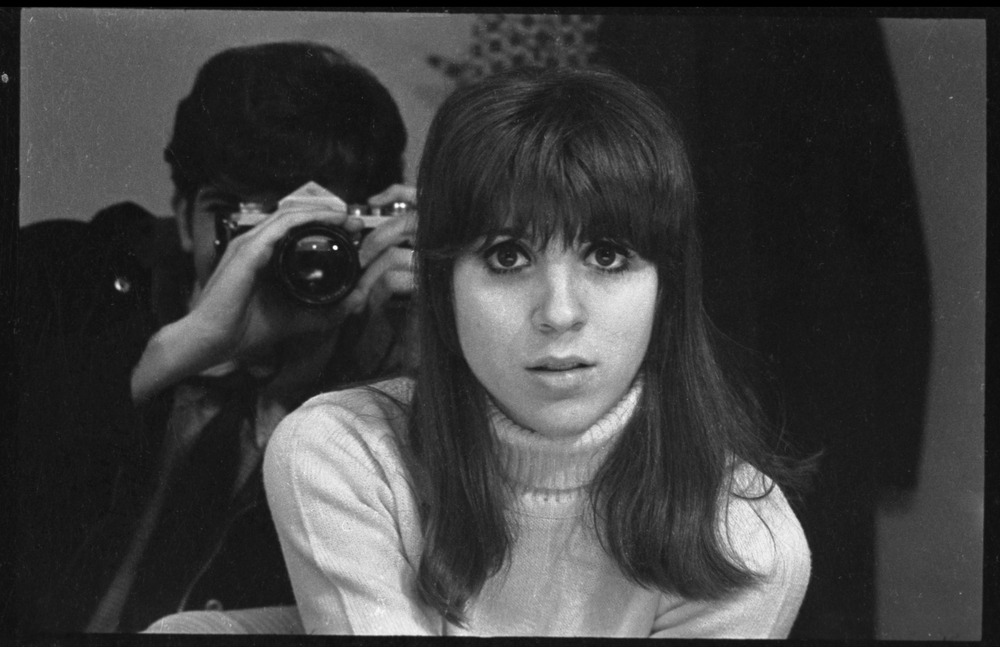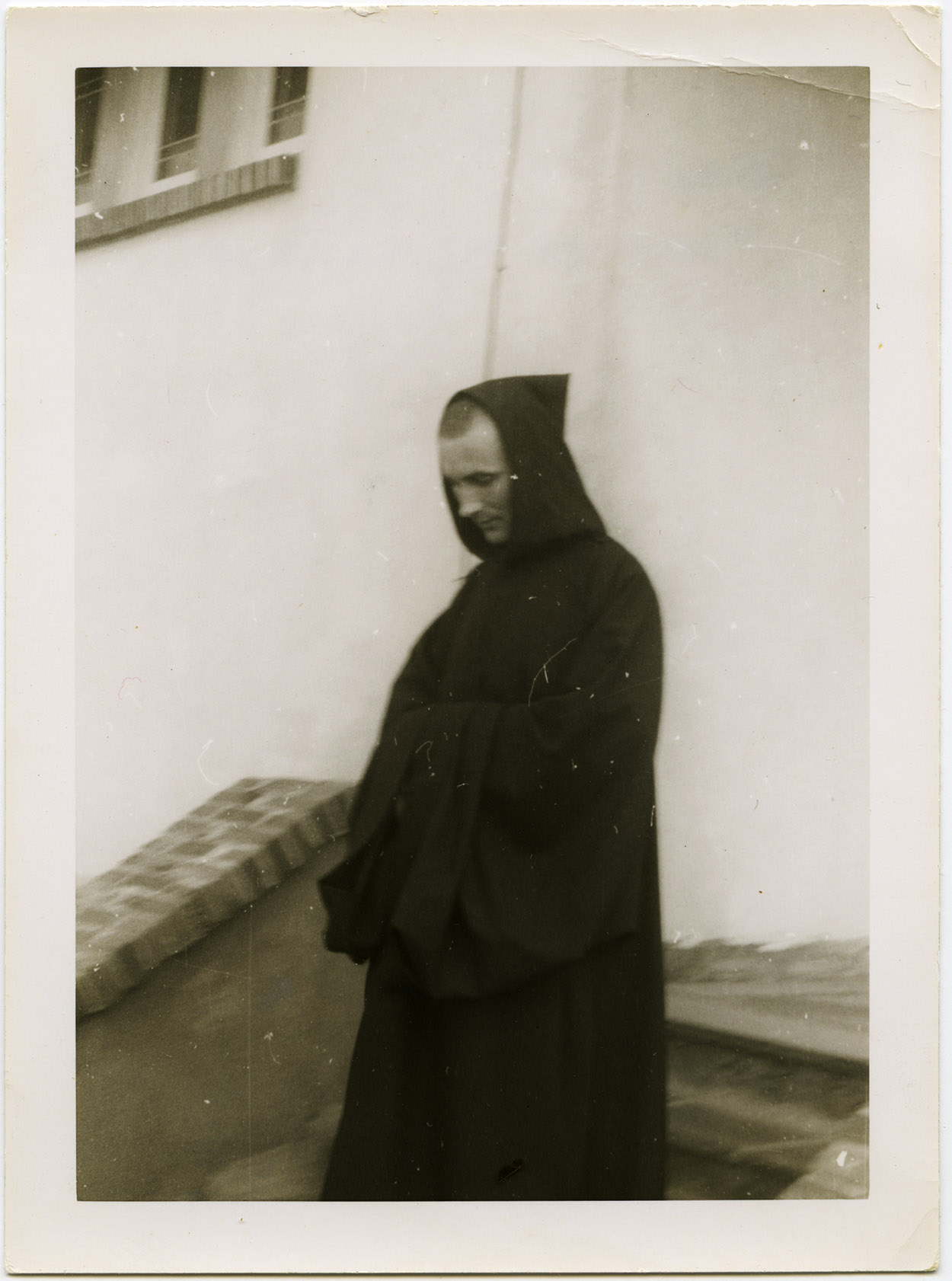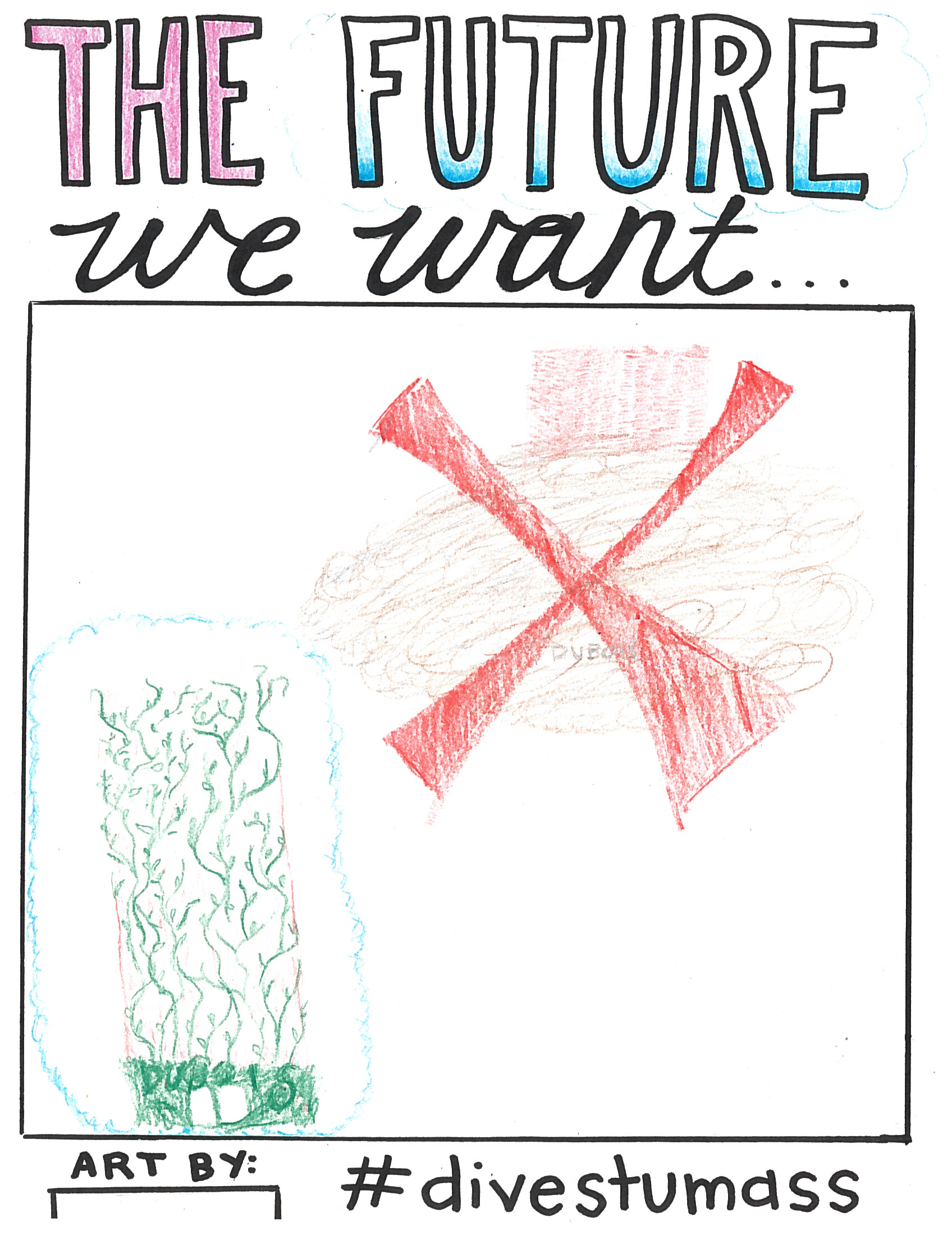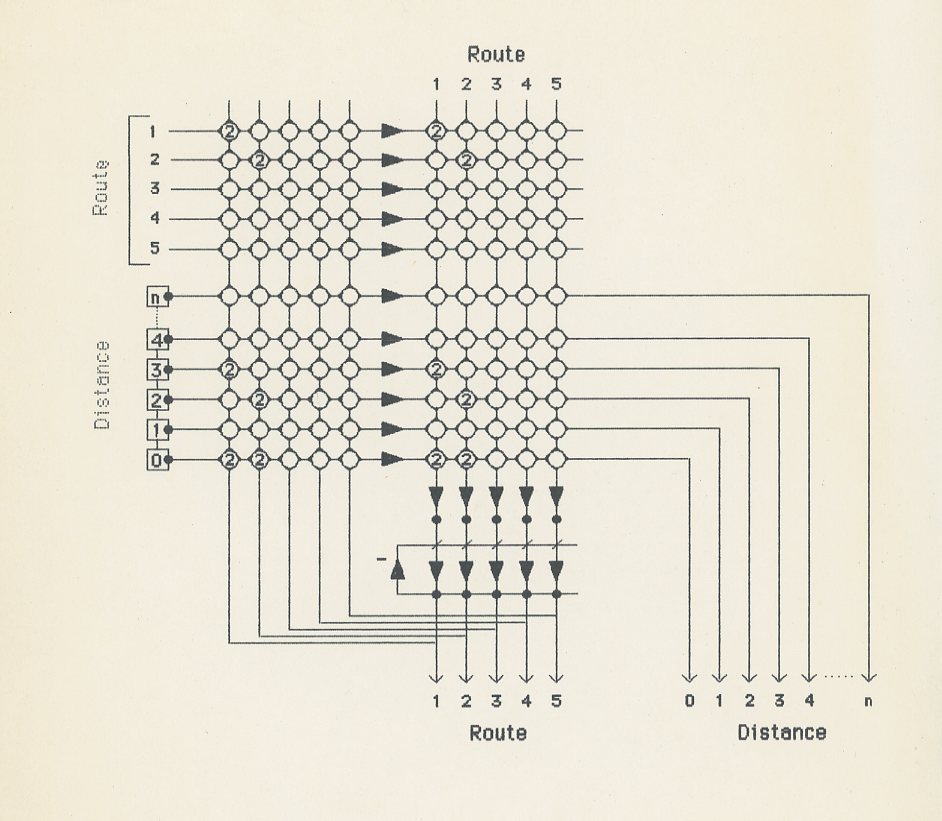Rebecca Towne Nourse Collection
Rebecca Nourse, born on October 5, 1928, was Laurence G. Nourse’s second child. Laurence, a graduate of Dartmouth College, was a long time educator and served as the Superintendent of Schools for Norton, Mass. from 1924 to 1958. Rebecca was born with intellectual disabilities and after attending the Norton Public Schools and the Deveraux School, now known as Devereux Advanced Behavioral Health, she was committed to the Belchertown State School in 1949. She remained at Belchertown for eleven years, transferring to the Laconia State School in Laconia, New Hampshire so she could be closer to her parents’ home in Deery. Rebecca died on March 12, 1993.
The Rebecca T. Nourse Collection though small, paints a rich portrait of the challenges of managing a daughter’s care in a State institution. The collection is made up of Laurence’s correspondence leading up to Rebecca’s commitment and with State School administration about issues ranging from replacing Rebecca’s broken glasses to attempts to make her tuition more affordable for their family. There are also a small number of letters from Rebecca to her father and mother and Rebecca’s commitment papers, school reports, certificates, brochures, and her death certificate.


